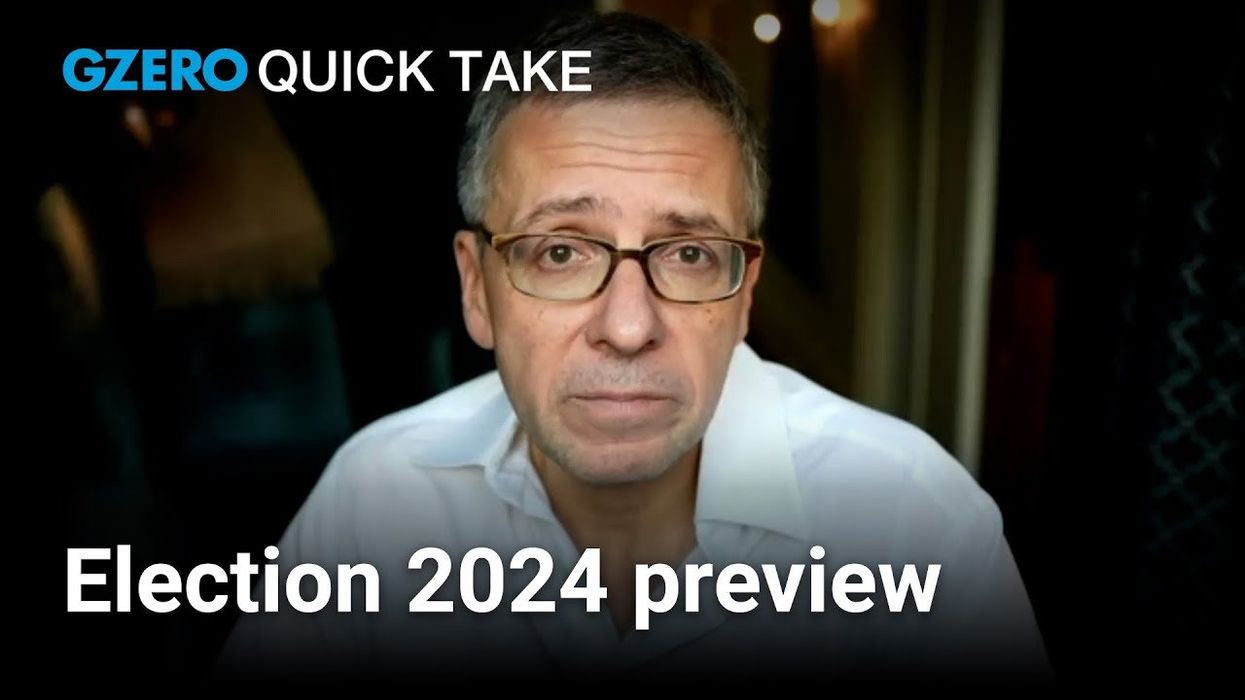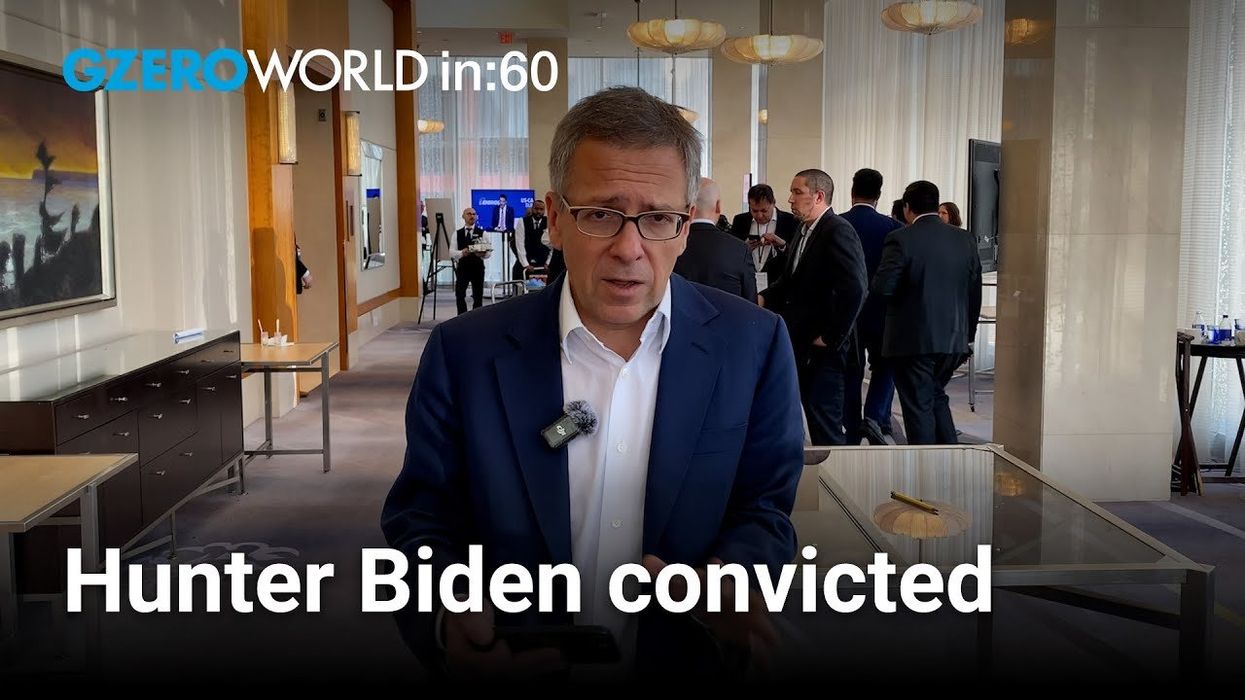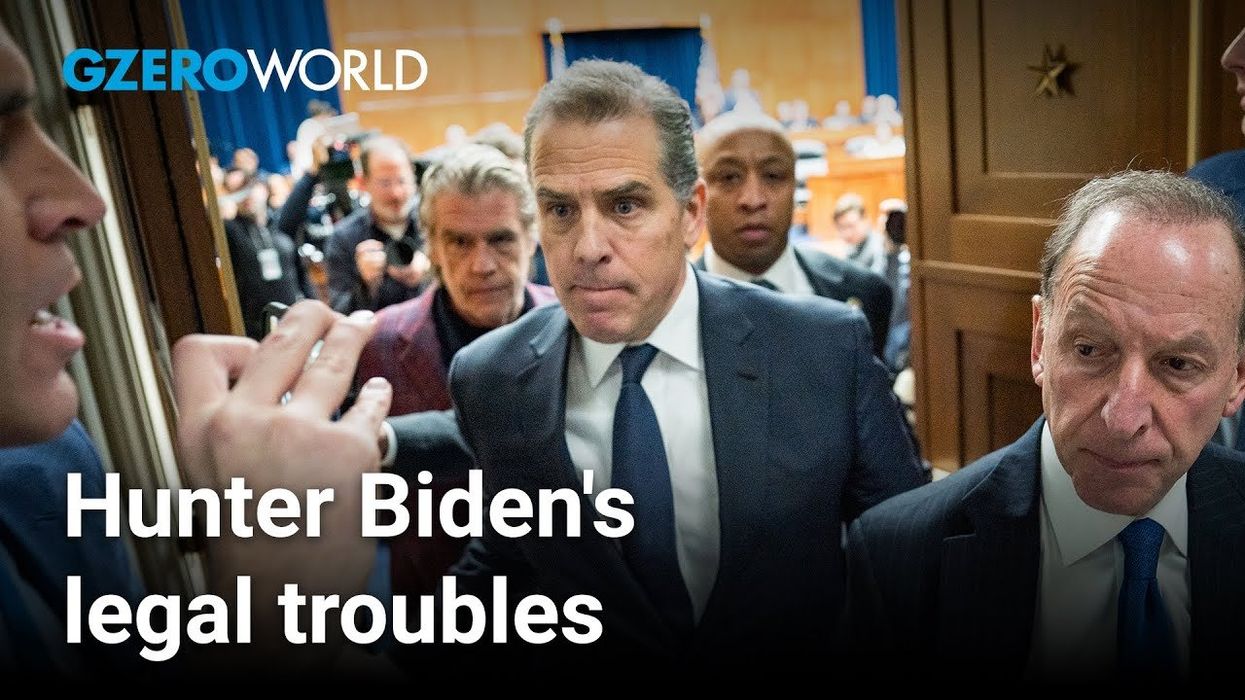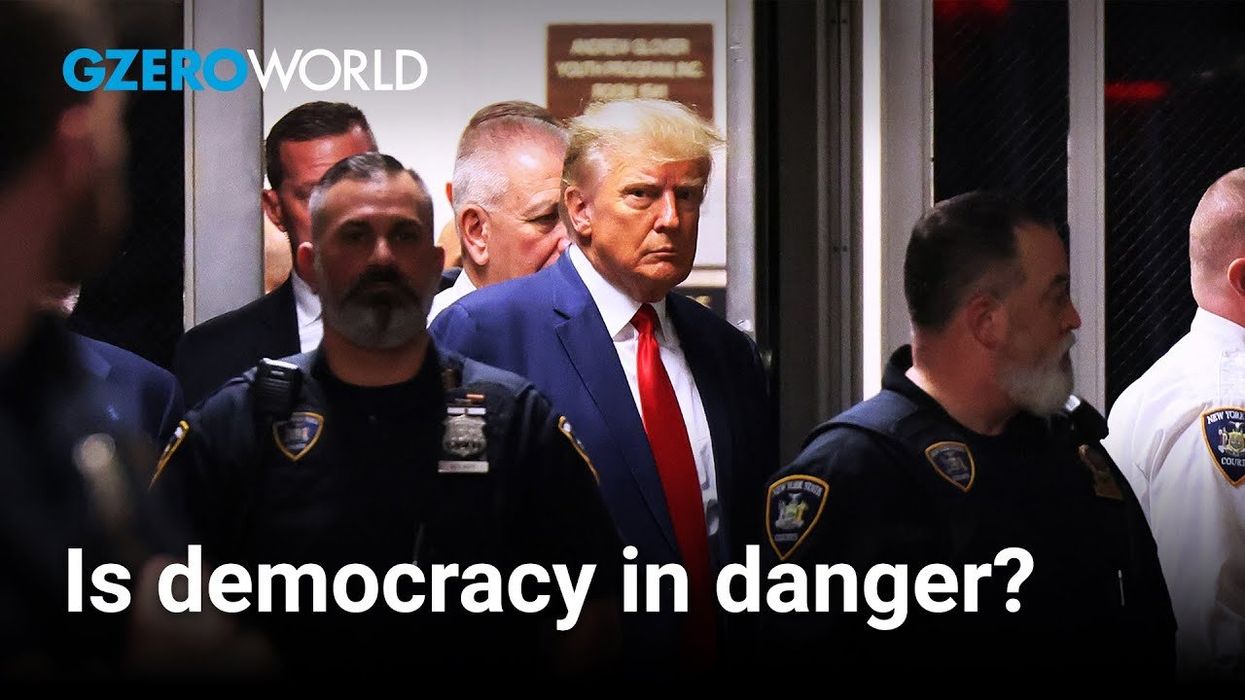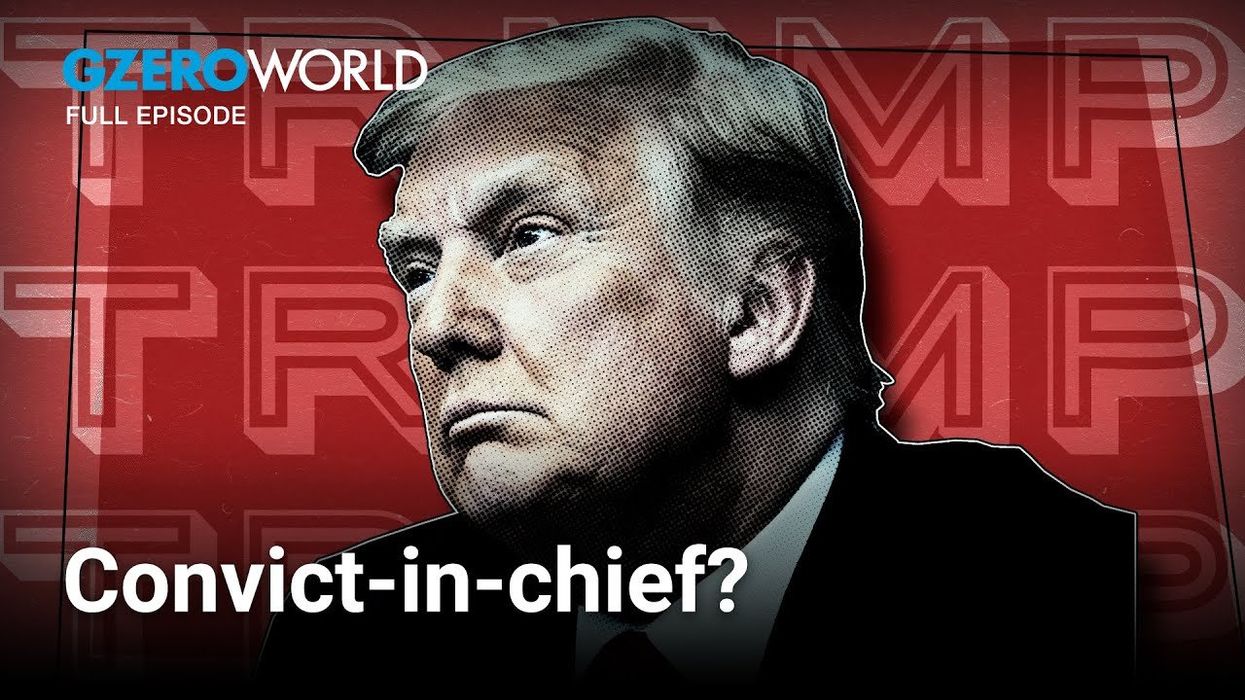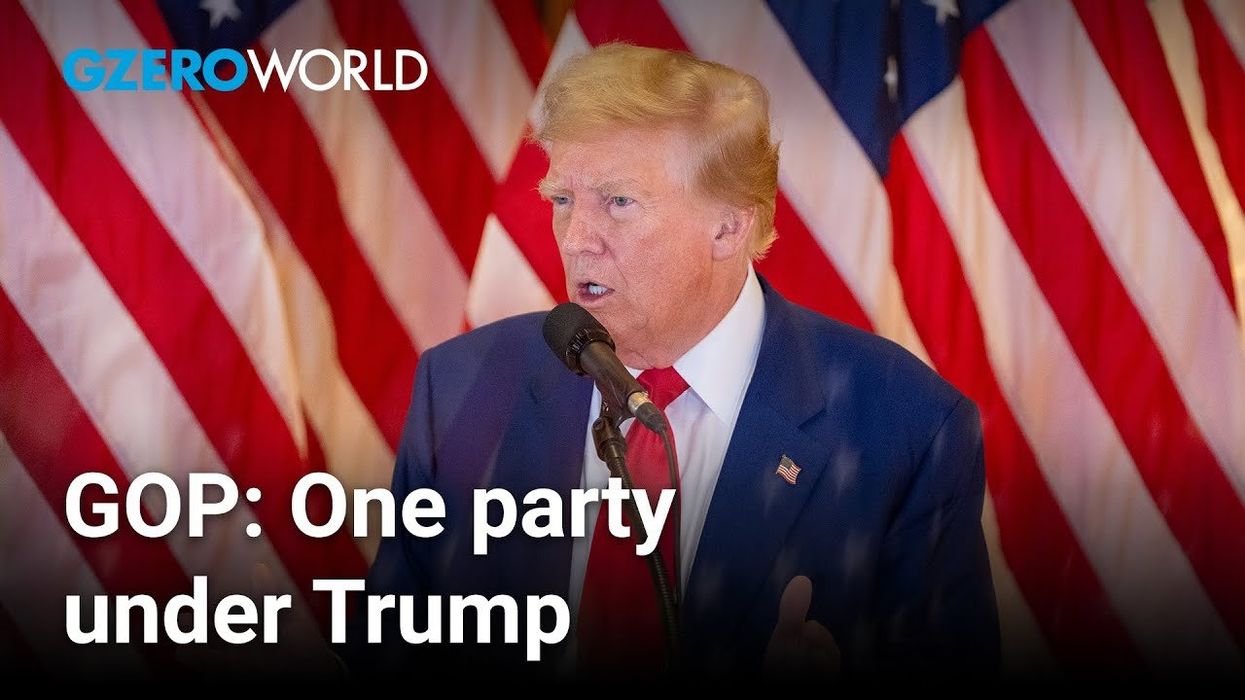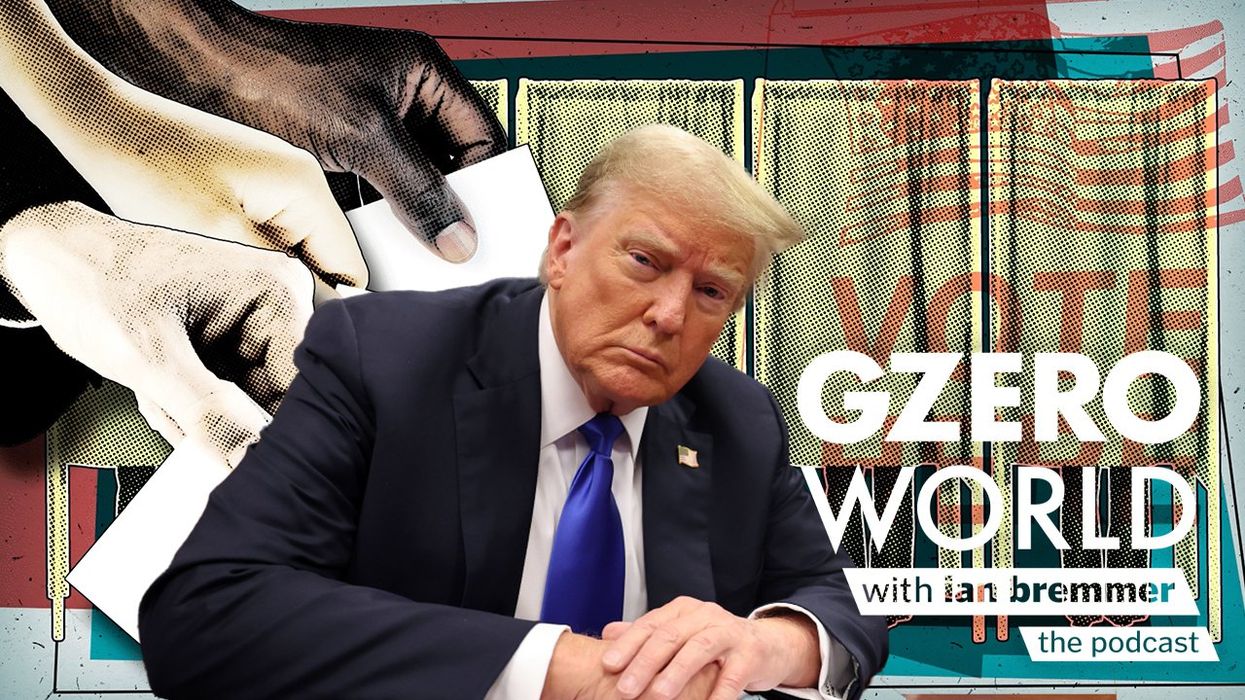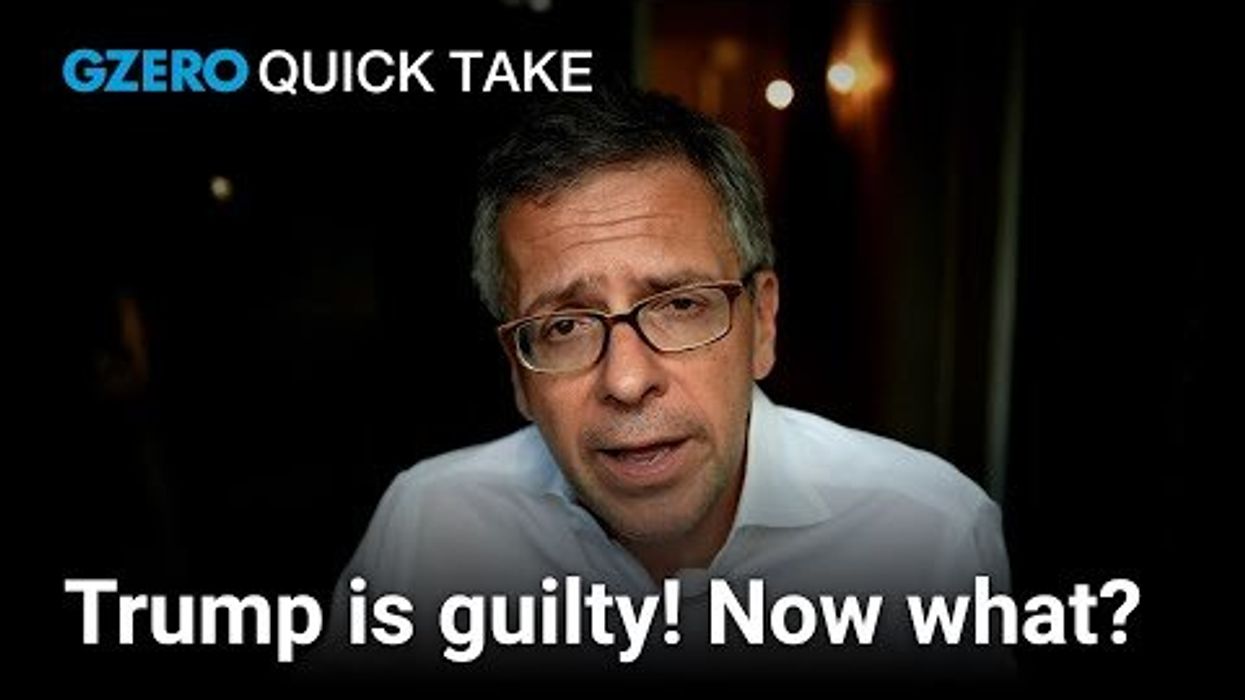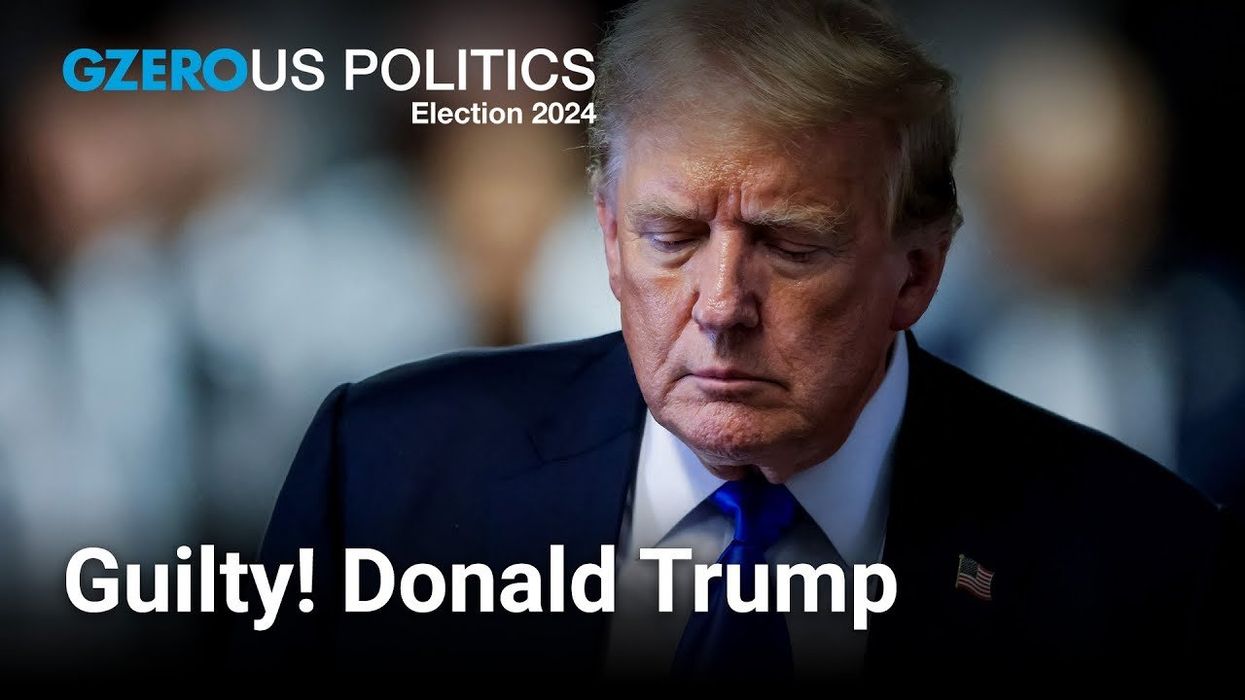Quick Take
Ian Bremmer on the 2024 US election ahead
Ian Bremmer's Quick Take: With election week upon us, Americans—and those watching closely—are stressed and anxious. Ian Bremmer explains how the decline of America's political institutions is driving public anxiety and mistrust and has birthed a particularly divisive electoral cycle.
Nov 04, 2024
